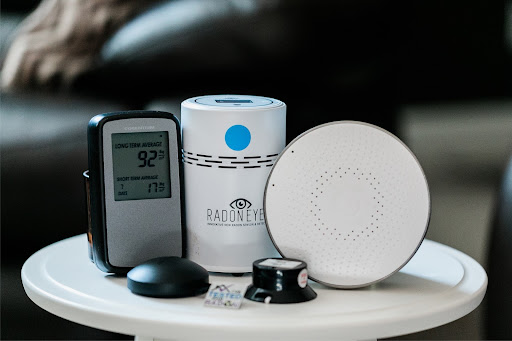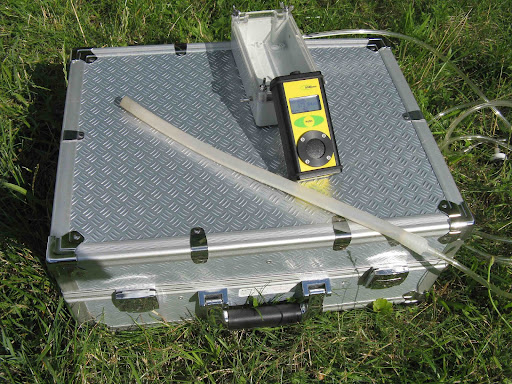
Colorado officials are urging residents to test for an odorless and colorless gas that can be deadly. Governor Jared Polis proclaimed January National Radon Action Month. The gas is the second leading cause of lung cancer in the country, killing up to 500 Coloradans a year. “Radon is a silent killer that more people should know about and have an easy-to-use product to detect on a weekly basis. PRO-LAB is dedicated to increasing awareness of this dangerous gas, to ensure all are safe,” said PRO-LAB founder and CEO James McDonnell.
What Is Radon?
Radon is a naturally produced radiation caused by uranium breaking down in soil. The gas is known to cause lung cancer, and it can seep into homes and workplaces through cracks and openings in floors and crawl spaces. Over many years of exposure, radon increases the risk of cancer. Some studies say Radon is one of the many forms of radiation that affect children more. A person is 10 times more likely to get lung cancer when combining the gas with the number one cause of lung cancer in the country, smoking.
Radon In Colorado
Half of Colorado homes may have naturally occurring radon levels higher than the Environmental Protection Agency’s recommended action level of 4 PCI/L. All of Colorado’s 64 counties are rated at increased risk for elevated radon. The Colorado Department of Public Health and Environment says you can buy a cheap test for as little as $10. CDPHE encourages the protection of families by testing for radon and provides links to reduced-cost kits. PRO-LAB is one of the providers of Radon Test Kits.

Radon Testing And Mitigation
With a PRO-LAB Short Term Radon Test Kit, homeowners can find out whether their house has high radon levels by opening the kit’s vials and leaving them exposed to air for 96 hours. After the necessary exposure time, the vials are recapped and mailed to PRO-LAB’s laboratory for an EPA-certified analysis with guaranteed results within one week. PRO-LAB is the only test kit manufacturer that owns its own laboratory. If the kit produces a result higher than the EPA’s acceptable radon level, one should immediately call a professional radon mitigator to install a radon mitigation system.
Mitigation systems can be pricey, but only take a few hours to install. Low income assistance is available for those who have high levels of Radon, but can’t afford a mitigation system. With so many things working against people and their health, Colorado wants you to be sure Radon is not one of them. It is always better safe than sorry. Do you think you should check your home for Radon exposure?
Written by: Erinn Malloy

